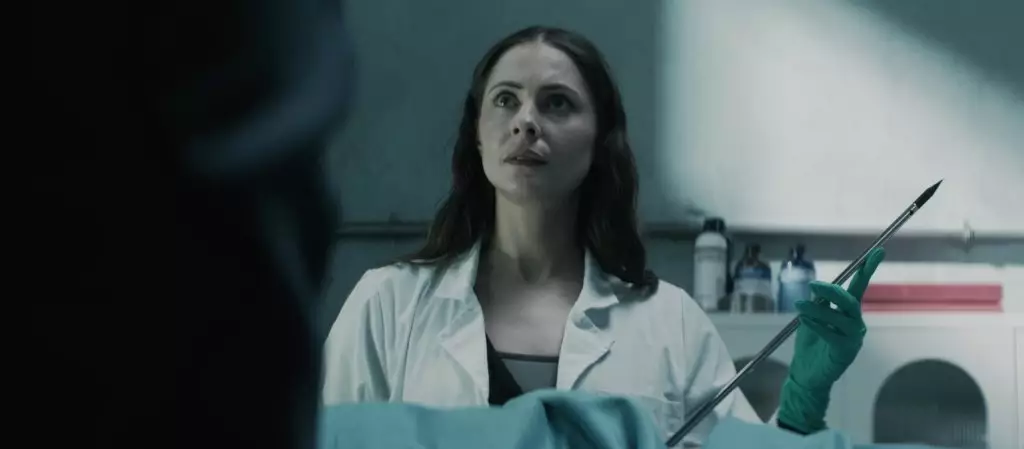In the relentless pursuit of capitalizing on viral sensations, the announcement of “The Mortuary Assistant” film adaptation by Shudder feels less like a genuine artistic endeavor and more like a calculated commercial move. While adaptations can sometimes enrich the source material, this venture underscores a troubling trend: the exploitation of popular IPs to serve corporate interests rather than serving artistic or cultural enrichment. The decision to expand the game’s universe into a feature film construction is an exercise in mediating superficial suspense rather than exploring profound psychological or societal themes. Such projects thrive on audience expectations of thrills, with little regard for the deeper, often uncomfortable truths that horror as a genre can unearth.
From Cult Hit to Commodification: The Cultural Implications
“The Mortuary Assistant” first captivated a niche audience due to its atmospheric storytelling and psychological depth. However, its journey from indie game to theatrical adaptation epitomizes how cultural products are increasingly commodified, stripping away their original context and transforming them into parts of a broader spectacle designed solely for consumption. This not only dilutes the integrity of the original work but also perpetuates a cycle where horror becomes sanitized, eroded of its capacity to critique social anxieties or address systemic fears. Instead, it becomes another checkbox in the entertainment industry’s endless pursuit of profit, trivializing the genre’s power to challenge norms.
The Ethical Dilemma of Horror as a Reflection of Society
Horror has historically been a mirror held up to society’s darker impulses—exposing lurking fears about mortality, authority, and societal decay. But as projects like “The Mortuary Assistant” cater to genre purists and thrill-seekers, they risk turning horror into palatable escapism rather than a tool for critical reflection. The film’s emphasis on monsters, demonic rituals, and supernatural horror might provide momentary discomfort, yet it ultimately sidesteps grappling with pressing social issues such as inequality, mental health stigmas, or institutional corruption. This indicates a failure of cultural leadership—an inability or unwillingness to confront the complexities that horror, at its best, can penetrate with its unsettling truths.
Why We Need Genuine Courage in Horror, Not Just Shock
It’s time to recognize that the unchecked commercialization of horror dilutes its transformative potential. Projects like this adaptation may assuage corporate anxieties about profitability, but they do little to foster meaningful dialogue or societal introspection. True horror demands courage—an unflinching look at the depths of human experience, including trauma, grief, and societal dysfunction. By reducing horror to a mere vehicle for supernatural scares, the industry betrays its own roots and neglects its responsibility to use the genre as a lens for social change. We should demand more than fleeting frights; we need stories that challenge, disturb, and ultimately inspire critical engagement with the world around us.

